Maywood residents question city’s use of CARES Act funds
Administrative expenses outpaced housing and food programs late last year
Nearly one-third of the roughly $344,000 in CARES Act funds that the city of Maywood spent as of late last year went to administrative expenses.
That’s according to documents obtained by Community News from the city of Maywood. The California Department of Finance records, which are for the October to December period, show that another third went toward “public health” costs and nearly one-fourth, more than $79,000, went to help 70 Maywood households with housing support. Six percent, or $20,000, was split between food programs run by the YMCA and local nonprofit Heart of Compassion.
Some Maywood residents interviewed said not enough CARES Act money in their city and elsewhere went to help people trying to get through the pandemic with rental and utility assistance. They added that those who are undocumented are disproportionately affected by the pandemic and may not have been eligible for some assistance programs.
The coronavirus relief funding “was spent on various projects that allowed our city hall and council to function during the shutdown as well as [to provide] rental and utility assistance,” Maywood council member Eddie De La Riva said in a phone interview.
Data visualization by Community News, using state data obtained from the city of Maywood.
Jennifer Vasquez, the city manager of Maywood, said the CARES Act funding is “just a snapshot” of the expenses used to help the community during the pandemic and that general fund dollars were also used.
For instance, she said, the city council has continued to fund the YMCA “grab and go” events on a weekly basis since January, and the city also hosts monthly events with the Los Angeles Regional Food Bank.
“The quarantine and shut down as a whole has been very costly for the city as we had to shift to remote working, virtual meetings, provide electronic access to our building department, planning department and public works,” she said. “We have been able to purchase PPE to keep our City Hall lobby open for appointment and create a safe City Hall…We hosted a vaccination center with our non-profit partners at the YMCA and since before Thanksgiving, our community has had the ability to sign-up and receive free COVID-19 testing in our City Hall parking lot.”
Some Maywood residents said they were struggling with housing and other costs before the pandemic and it has only exacerbated hardships. What’s more, COVID-19 infections have ravaged part of their community, especially essential workers and families living in crowded homes.
Maria Villatoro, a Maywood resident, said she applied for the city’s rental assistance program, thinks she should have qualified, and yet the funds were not approved for her.
“I know many families in Maywood being affected and they couldn’t get the help regardless of the application,” Villatoro said.

As part of the CARES Act, the federal government’s Emergency Rental Assistance program made $25 billion available to help families that can’t pay rent and utilities because of the pandemic.
If funds are approved, they are typically sent directly to landlords and utility service providers — unless a landlord doesn’t want to participate, in which case the funds can go directly to the eligible household, according to the U.S Treasury Department.
Undocumented immigrants don’t qualify for the funding and “mixed status” households, which include people of varying citizenship or immigrant statuses, can also have trouble qualifying.
Some groups are calling on Congress to change that. For instance, the Center for American Progress, a liberal think tank, is “pushing for all taxpayers to have access to expanded unemployment benefits and for all income-eligible residents to receive stimulus checks, regardless of immigration status,” according to Vox.
In California, the state legislature passed a bill recently that includes payments to undocumented people who file their taxes with an individual tax identification number.
Still, it’s not enough to make up for what undocumented folks missed out on, according to some local residents.
“The CARES Act did not provide sufficient funding for our communities in South, East, or Southeast Los Angeles County,” said Rodolfo Cortes, a resident of El Monte in an interview on Facebook Messenger. “Even now, under the Biden administration, it is unclear that many community members, such as undocumented students, will have access to CARES Act resources.”
Cortes said he’d like to see the government do more. “We needed Congress to provide universal basic income, forgive all student debt, and provide free tuition to all students,” he said. “That’s what Congress would do if it actually represented regular working people.”
In nearby Downey, a local tenants union said on its Facebook page that the CARES Act seems to have largely transferred wealth upward.
“At a recent meeting of the Downey Democrats, our founder, Catherine Alvarez, asked not only about the CARES Act, but about the Rent and Mortgage Cancellation Act. That’s what we need, so that families stay housed,” a representative of the Downey Tenant Union wrote in an interview conducted on Facebook Messenger.
The union wrote that it would like to see “all payments” suspended as part of the next relief act from Congress since that would help families who are struggling and are on the verge of eviction and homelessness.
In January, about 30% of renters reported having little to no confidence that they can make their next housing payment, according to APM Research Lab.
Community News produces stories about under-covered neighborhoods and small cities on the Eastside and South Los Angeles. Please email feedback, corrections and story tips to [email protected].

Genesis Gonzalez is a fourth-year journalism student at Cal State LA. She enjoys writing and hopes she pursues her dreams as a reporter or a photojournalist....



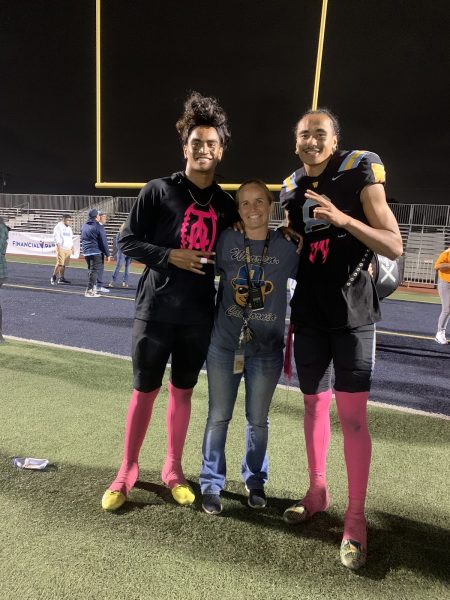

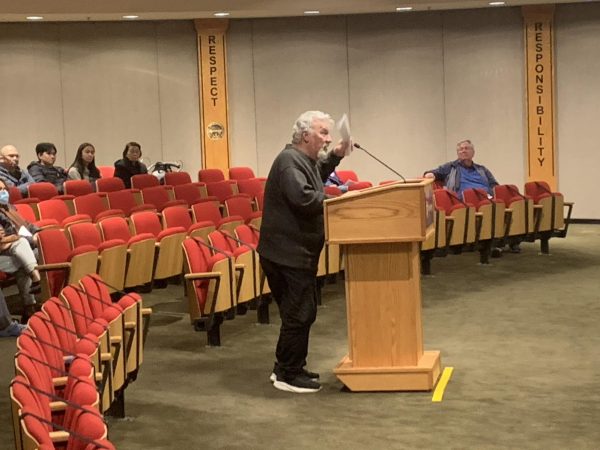

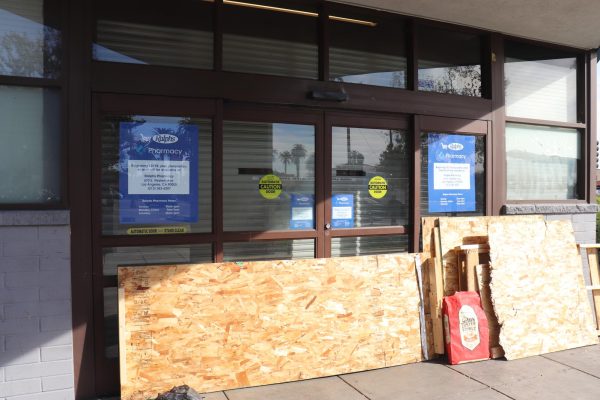
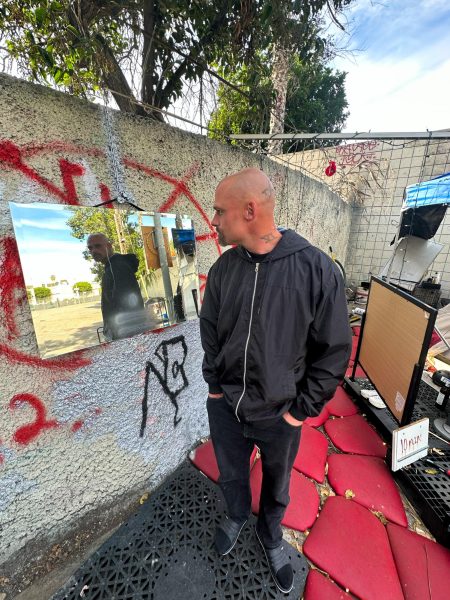
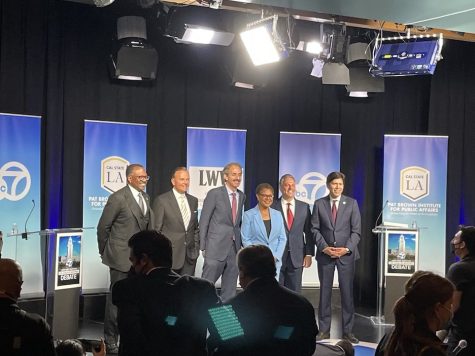
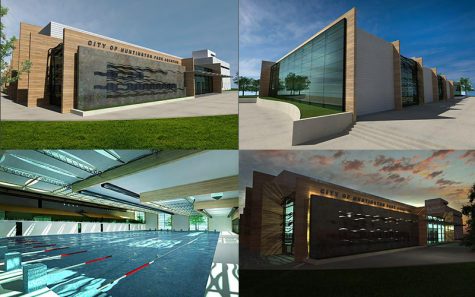

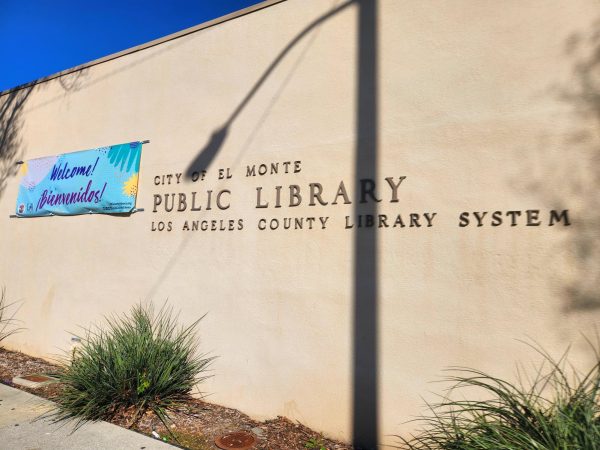
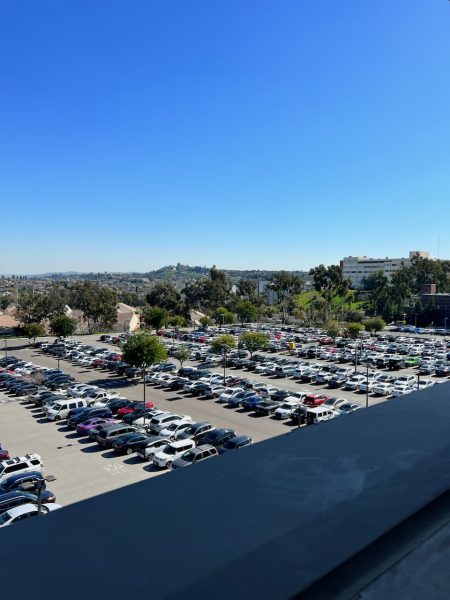
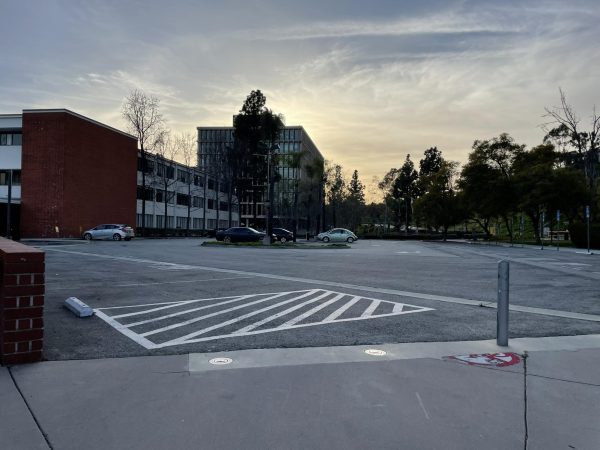


Frank H • Mar 21, 2021 at 3:18 pm
Maywood continues to be corrupt even after all the alleged crooks were elected out of council. It’s a shame.